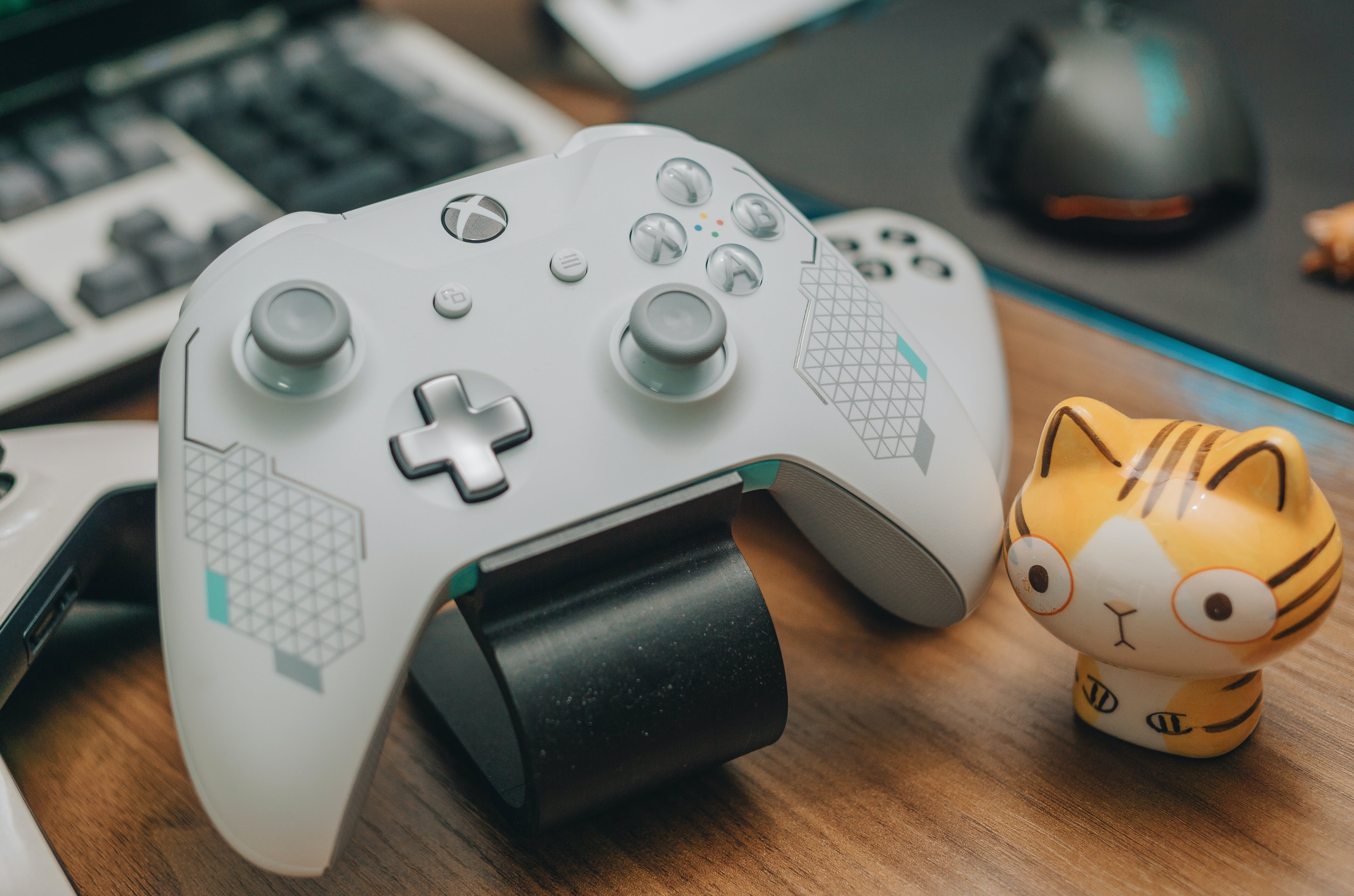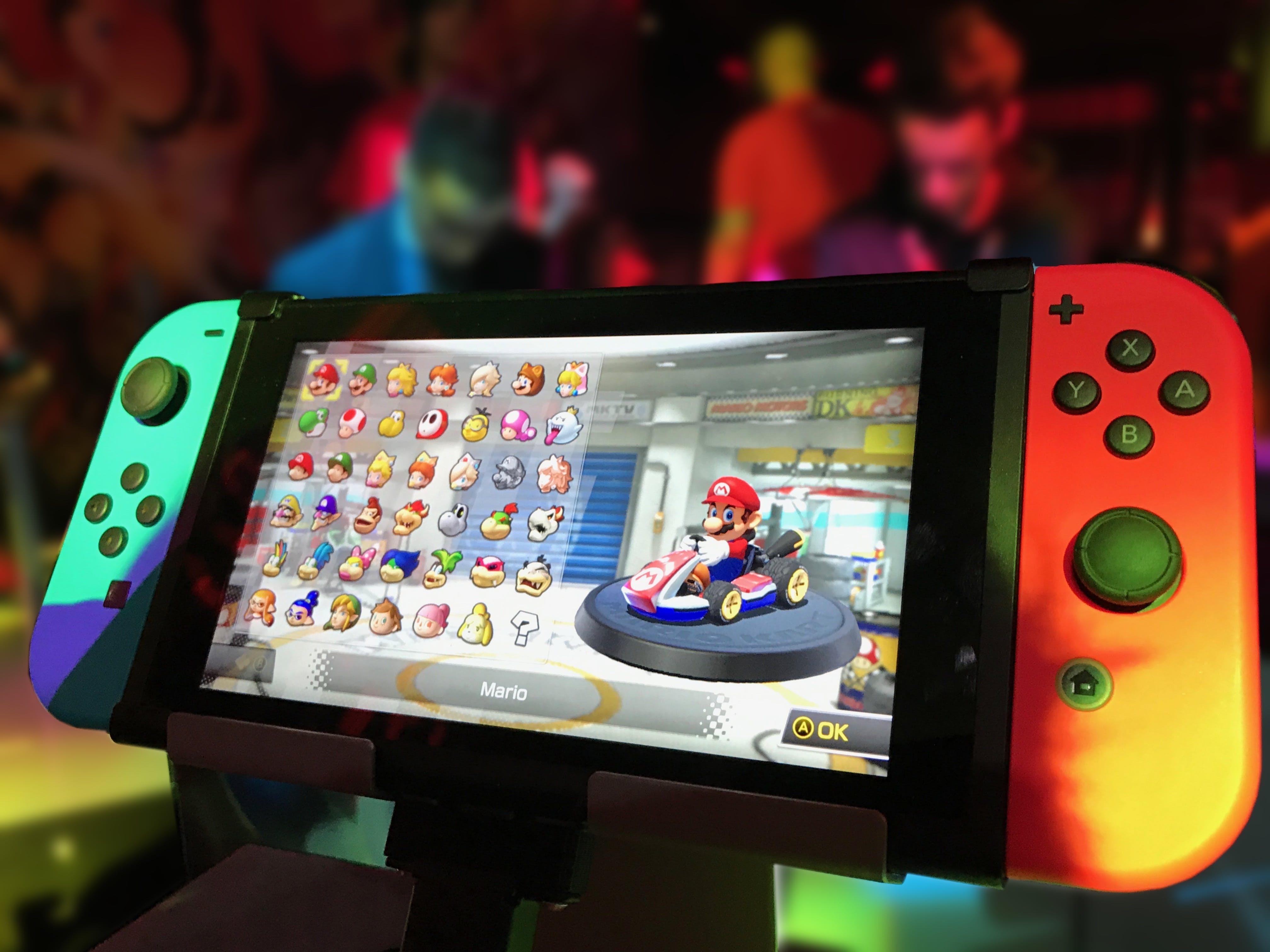Game Design is a field that we all encounter in our lives, whether that is as consumers or creators. If you're a gamer or simply a game enthusiast seeking a career that allows you to craft impactful experiences, you're in the right place. This article delves into the diverse world of game design, its various roles, and how to start a career in the industry.

Video games are one of the most powerful mediums out there. Some games can impact us in a way that a movie could never do it, thinking about The Legend of Zelda, Grand Theft Auto, Red Dead Redemption 2, Minecraft, and so on. These games have influenced us in our lives and created memorable moments that we will remember forever. All of that is thanks to a brilliant design that brings together the story, the gameplay, the art, the sounds, and the whole psychology behind it.
If you want to create experiences like that, the job of a game designer might be something for you. Take a look on "Jobs for Gamers" to find open positions.
What Is A Game Designer

In a production team, the game designer is responsible for creating and shaping the overall design and structure of video games. Game designers are the architects behind the basic rules of a game, they come up with core elements such as player objectives, as well as finer details like setting the limits on a player's jumping ability.
Each of these choices holds vital importance in delivering a well-balanced and engaging experience for the player.
- If you're on the lookout for a job in the gaming industry, check out our Jobs for Gamers section!
Different Kinds Of Game Designers

Every game designer's job is different, and as diverse as diverse can be. If you are creating a game about spaceships, the game designer will have to learn about spaceships and physics. If a game is about horse riding, then they have to become experts in that specific field.
So, you see, game designers are always up to something completely different, depending on the game they're working on.
Besides that, game design is like a massive playground, with so many fields that one designer can't conquer them all. When producing a game, there must be artists, UX designers, character designers, level designers, and many more. But in the end, all of them are game designers of some sort. Here are the main fields, that a game designer could specialize in:
Lead Game Designer
The lead game designer is responsible for overseeing the entire design process of a game. They work closely with other designers and the development team to create the game's core mechanics, systems, and overall design.
Content Designers
Content designers focus on creating in-game content, such as quests, missions, puzzles, and challenges. They work with the narrative and design teams to implement story-driven and gameplay content that enhances the player experience.
Game Mechanic Designers
Game mechanic designers focus on the rules and systems that govern the gameplay. They design and balance mechanics, abilities, character progression, combat systems, and other interactive elements that make the game engaging and enjoyable.
Level Designers
Level designers create the actual game environments and spaces in which players interact. They are responsible for designing levels, maps, and worlds.
Writers
Writers are responsible for the game's narrative, dialogue, and lore. They craft the story, character backgrounds, dialogues, and the overall narrative structure.
Find current offers for gaming jobs on "Jobs for Gamers" and make the switch now!
How To Become A Game Designer

Nowadays, many universities offer specialized degrees in Game Design or game development, which can certainly pave the way. Surprisingly, even a fundamental design degree can serve as a solid foundation for a career in game design.
One fantastic aspect of this profession is the opportunity for self-learning. You can dive into the world of game design by crafting your own games using freely available engines like Unity or Unreal Engine.
As a little pro tip from my side, consider joining game jams—these are gatherings where folks team up to create games in a mere 24 hours or sometimes 48 hours. The best part? You don't need prior experience to participate, and these events are incredible opportunities to gain hands-on knowledge.
The best way to enter a new career path is by entering a trainee or internship position in that job field, which you can find on "Jobs for Gamers". Feel free to take a look.






























